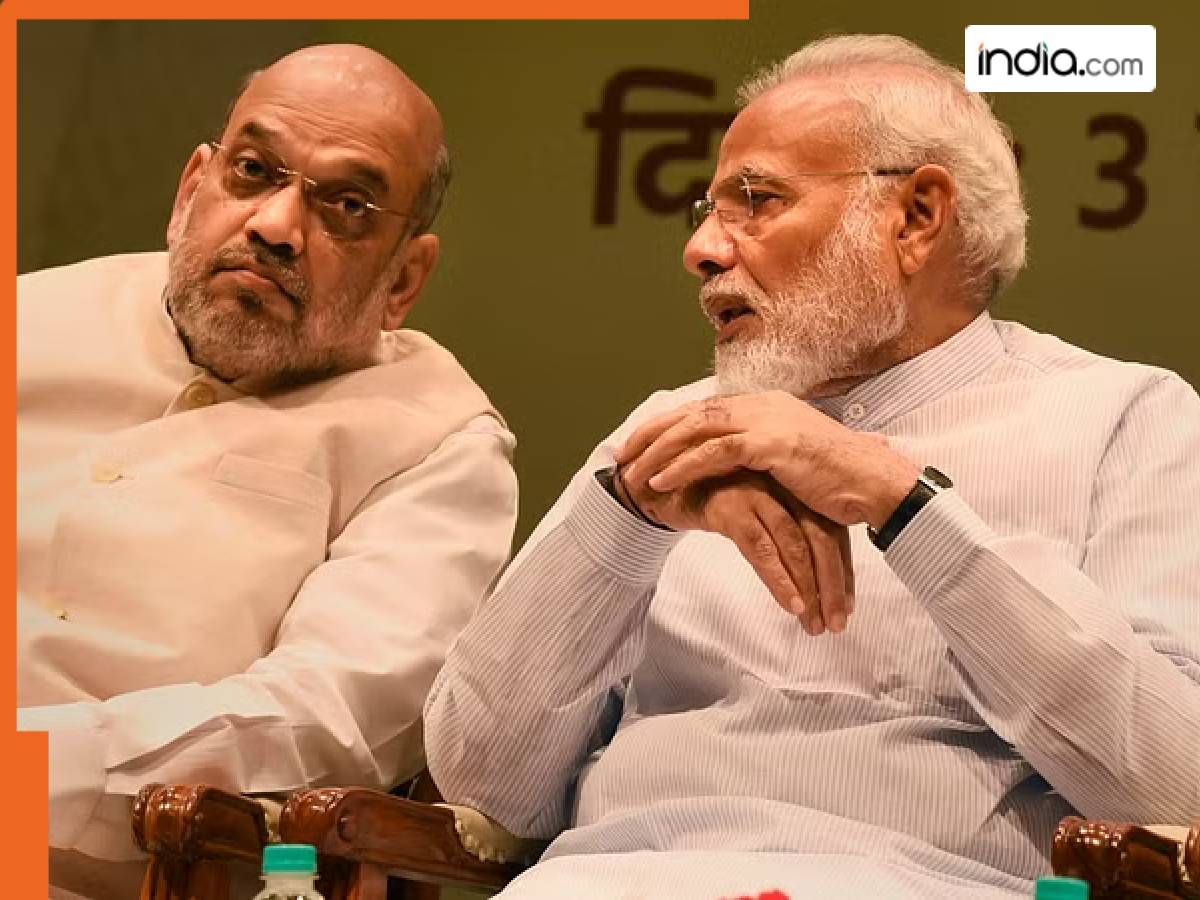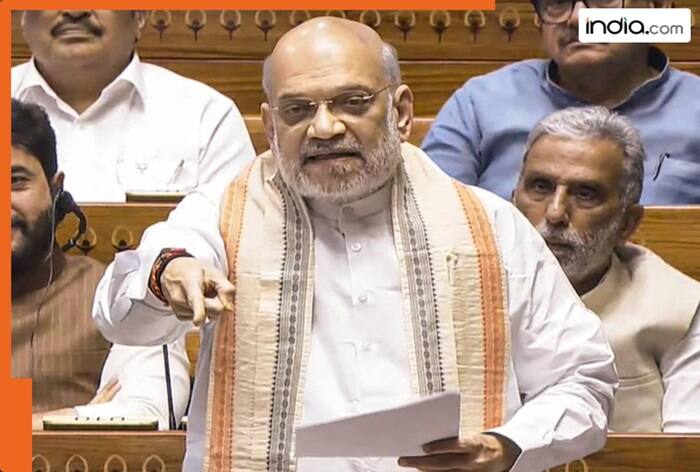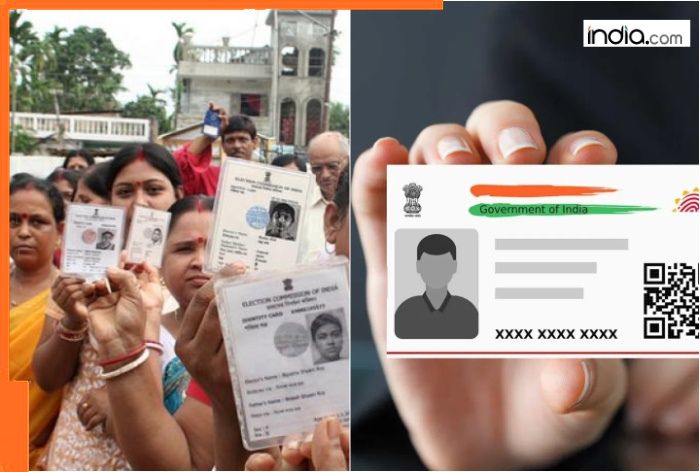
So far, under the Constitution, only public representatives who have been convicted could be removed from office.

Union home minister Amit Shah will bring three important bills in the Lok Sabha on Wednesday. These bills say that if any minister, chief minister, or even the prime minister is arrested or kept in custody for 30 days in a row for a crime that can lead to at least five years in jail, they will have to leave their post.
The government’s schedule for the Lok Sabha shows that the three bills are – The Constitution (130th Amendment) Bill, The Jammu & Kashmir Reorganization (Amendment) Bill, and The Government of Union Territories (Amendment) Bill.
The schedule also mentions that after the bills are introduced, there will be a proposal to send them to a joint parliamentary committee for review. Together, these bills aim to create a new system that will apply to ministers and chief ministers in states and Union territories like Jammu & Kashmir, as well as Union ministers and even the prime minister at the Centre.
However, the bills also make it clear that once the arrested leader is released, they can be appointed to their position again.
The new bills, which also include a constitutional amendment, say that if the Prime Minister, a Chief Minister, or any minister in a state or Union Territory (including Delhi) is arrested and kept in custody for 30 days in a row on charges that carry at least five years of jail, they will have to step down on the 31st day. If they don’t resign, they will automatically lose their post.
For Union Territories like Jammu and Kashmir, the bill states that if a minister or the Chief Minister is detained for 30 days, the Lieutenant Governor must remove them if the Chief Minister advises so. But if no advice is given by the 31st day, then from the next day the minister or Chief Minister will automatically lose their position.
The same rule is proposed for the Union government and the states. If the Prime Minister or any minister is in custody for 31 days straight, they will automatically be removed from office.
The explanation attached to the bill says this step is necessary to protect constitutional values and keep people’s trust in their leaders. It points out that while leaders represent the hopes and faith of citizens, the Constitution does not currently have any rule to remove a Prime Minister or minister if they are arrested on serious criminal charges.
The note adds that ministers are expected to have integrity and set an example. If a minister is facing grave criminal allegations and remains in custody, it can harm constitutional values, weaken good governance, and break the trust that people have placed in them.







